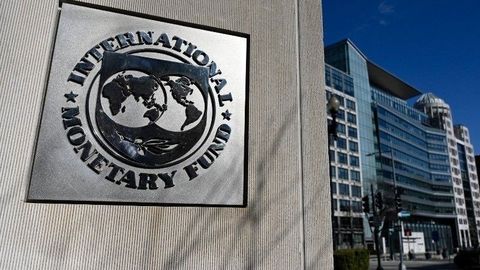Kyrgyzstan partners with EDB, UNDP, OSCE to develop SME support program until 2030
12:05 / 22.02.2026
Uzbekistan introduces green and gender-responsive budgeting into state budget framework
10:30 / 22.02.2026
Kazakhstan reviews investment climate, C5+1 implementation at council meeting
17:21 / 21.02.2026
Uzbekistan to launch national recycling program for cars, electronics, and solar panels in 2026
15:35 / 21.02.2026
Uzbekistan grants first cryptocurrency mining permit to NexaGrid
14:00 / 21.02.2026
Recommendations
Menu
Good news:
Tags
Grow your business with us
Advertise on Daryo.uzIndividual approach and exclusive materials
Ad-free site readingSubscribe
25 000 sum per month






Comments
To leave a comment, first